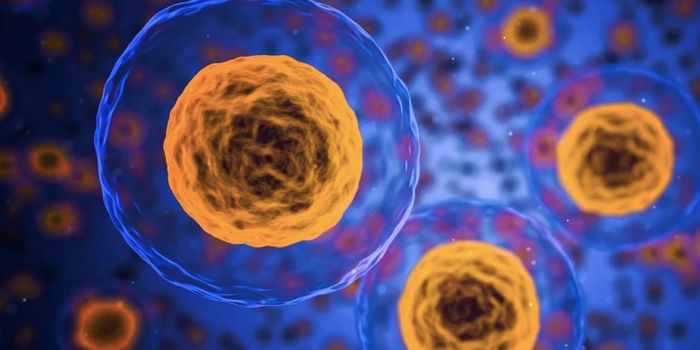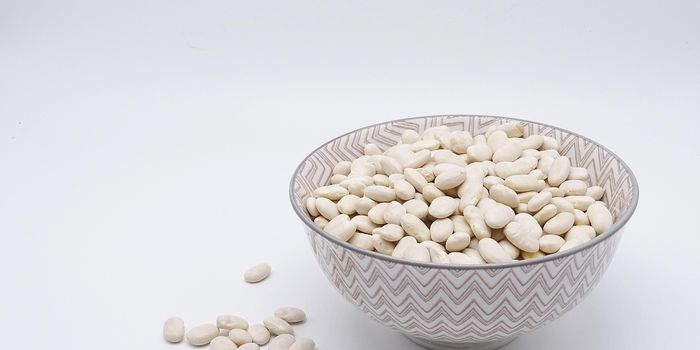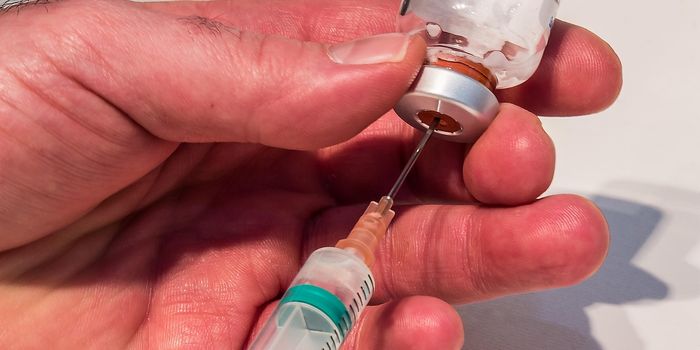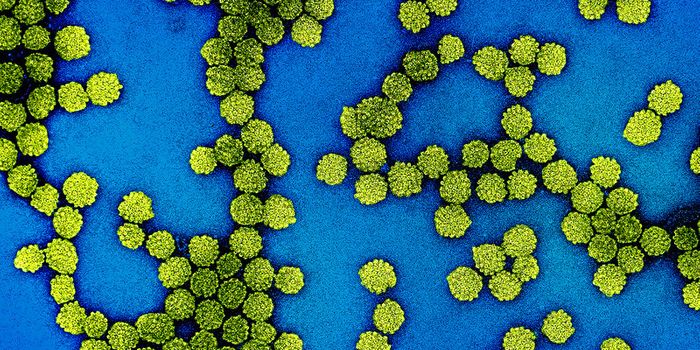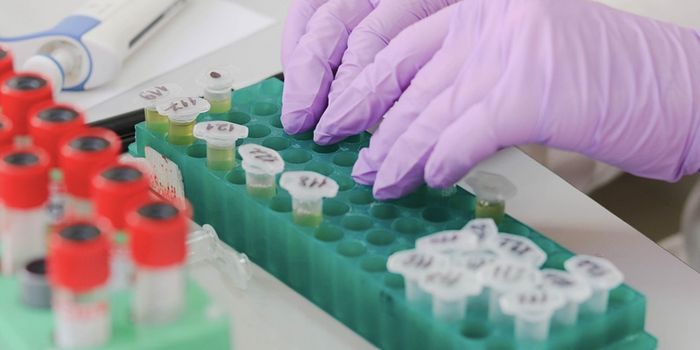Neuroinflammatory diseases constitute a significant concern for many Americans who have Alzheimer’s, Parkinson’s, Multiple Sclerosis, and Huntington’s. Neuroinflammatory disorders are conditions where immune responses which damage components of the central nervous system. Neuroinflammation can also be associated with aging and traumatic brain injury.
A team of researchers from Massachusetts General Hospital (MGH) has drafted a review published in October’s issue of Nature Neuroscience on immune checkpoints (the built-in safety stops for the immune system) associated with immune cells known as microglia.
Microglial cells are the main neuroimmune cells of the brain and central nervous system. Microglia have three critical roles. First, they can act as guardian cells involved in sensing changes in their environment. Second, microglia act as housekeeper cells promoting neuronal well-being via the removal of dead cells and debris. The final function is a soldier-like role necessary for responding to infection and toxins.
Authors of the review write, “Injury to neurons in Alzheimer’s, Parkinson’s, Huntington’s and prion diseases, as well as in amyotrophic lateral sclerosis, frontotemporal dementia, and chronic traumatic encephalopathy, results from disruption of the sentinel or housekeeping functions and dysregulation of the defense function and neuroinflammation.”
The pathways involved in the above-listed injuries include Trem2, Cx3cr1 and progranulin pathways. The three pathways will aid in the control of microglial inflammatory responses. The review describes how initially protective microglia can escape regulation and become damaging in multiple sclerosis, Huntington’s and other neurodegenerative diseases.
Joseph El Khoury, MD, of the MGH Center for Immunology and Inflammatory Diseases and the Division of Infectious Diseases says, “In healthy brains, immune checkpoints in microglia keep the ‘warrior’ function in check. Disruption of those checkpoints initiates or propagates neurodegeneration.”
The review makes a connection between neuroinflammation to gut bacteria as well stating that outside interference from systemic inflammation or the gut microbiome can also alter the progression of such injury.
The review summarizes the information currently known to the field on the roles of microglia in neurodegeneration. In aid of increasing the comprehension of the brain disorders, the review introduced a revised functional and transcriptomic definition of microglia.
In contrast to the way, checkpoints were recently described by the Nobel laureate winners for their roles in cancer treatment; this review suggests that in the case of neurodegenerative disease, the goal would be to activate checkpoints that could reduce the neuroinflammation that has gone rogue and quite possibly return the cells to a healthy state.
The review also suggests that “expanding studies from animal models to human patients remains a challenge that will require development of new, reliable cellular models based on patient samples and additional technologies for imaging and analysis.” El Khoury believes that new technologies are a critical piece of the puzzle that needs to be worked out in the near future to take their comprehension further.
Sources: Nature, ScienceDaily, YouTube


